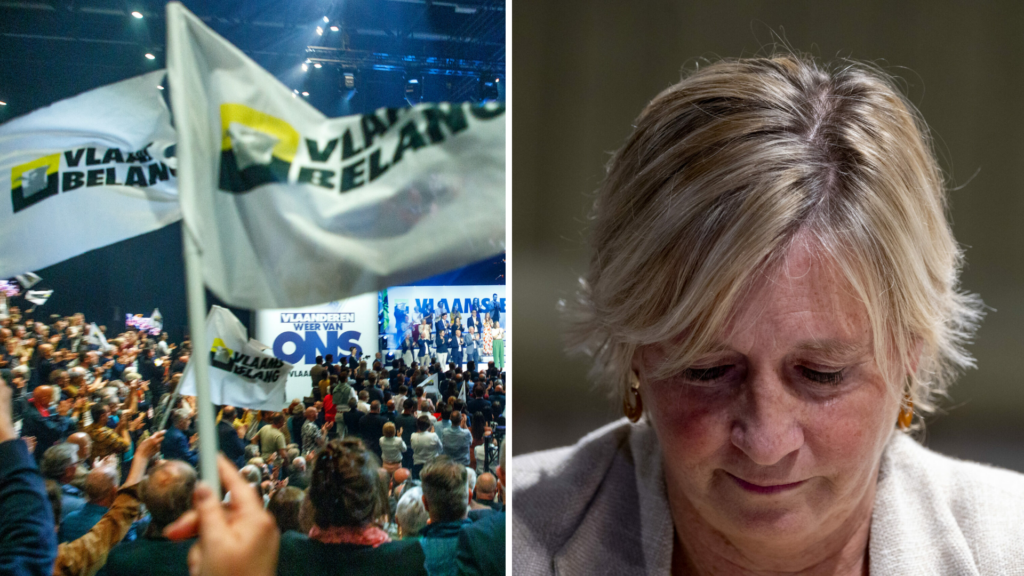The architect of Belgium's cordon sanitaire says the decision to govern with the far-right in Ranst will not trigger a chain reaction across the country.
The cordon sanitaire is an agreement between Belgian political parties not to enter into government with the far-right following Vlaams Blok's (Vlaams Belang's predecessor) electoral victory in 1982. The agreement was violated for the first time on Sunday when local lists in Ranst formed a coalition with Vlaams Belang.
Local lists PIT and Vrij Rans are partly made up of politicians from the Flemish parties Open VLD and CD&V. Both parties have since expelled the concerned members.
For this reason, Flemish politician Jos Geysels (who instigated the cordon sanitaire in 1989) does not believe the incident will trigger similar violations to occur elsewhere in Belgium.
The former leader of green party Agalev (now Groen) says that the coalition in Ranst was a "rancid decision" but emphasises the fact that CD&V and Open VLD have respected the cordon sanitaire by expelling the party members involved in the agreement.
"This is an important and hopeful signal," said Geysels.
'Not broken', says CD&V
CD&V leader Sammy Mahdi does not believe the Ranst incident constitutes a violation of the cordon sanitaire.
Mahdi confirmed to VRT that three of his party members made up the PIT list in Ranst. "Their decision is not supported by the party council," he said, adding that CD&V's local branch in Ranst is no longer active.
The cordon sanitaire was agreed between national parties CVP (now CD&V), SP (now Vooruit), PVV (now Open VLD), VU (from which the N-VA emerged) and Agalev.
Related News
- 'Cordon sanitaire' broken for the first time, Vlaams Belang in power in Ranst
- Understanding why Belgium's right-wing trend did not affect Brussels
- 'Cordon sanitaire' holds in Belgium, but what now for the far-right?
He therefore argues that the decision to form a government with Vlaams Belang was made by a local party and does not constitute a violation. He added that a coalition between the former Vooruit and the far-left Belgian Workers Party (PTB-PVDA) in 2018 garnered far less attention.
This particular coalition was in Zelzate (East Flanders) and marked PTB-PVDA's first significant role in Belgian government. CD&V, Open VLD and N-VA all condemned the agreement at the time.

